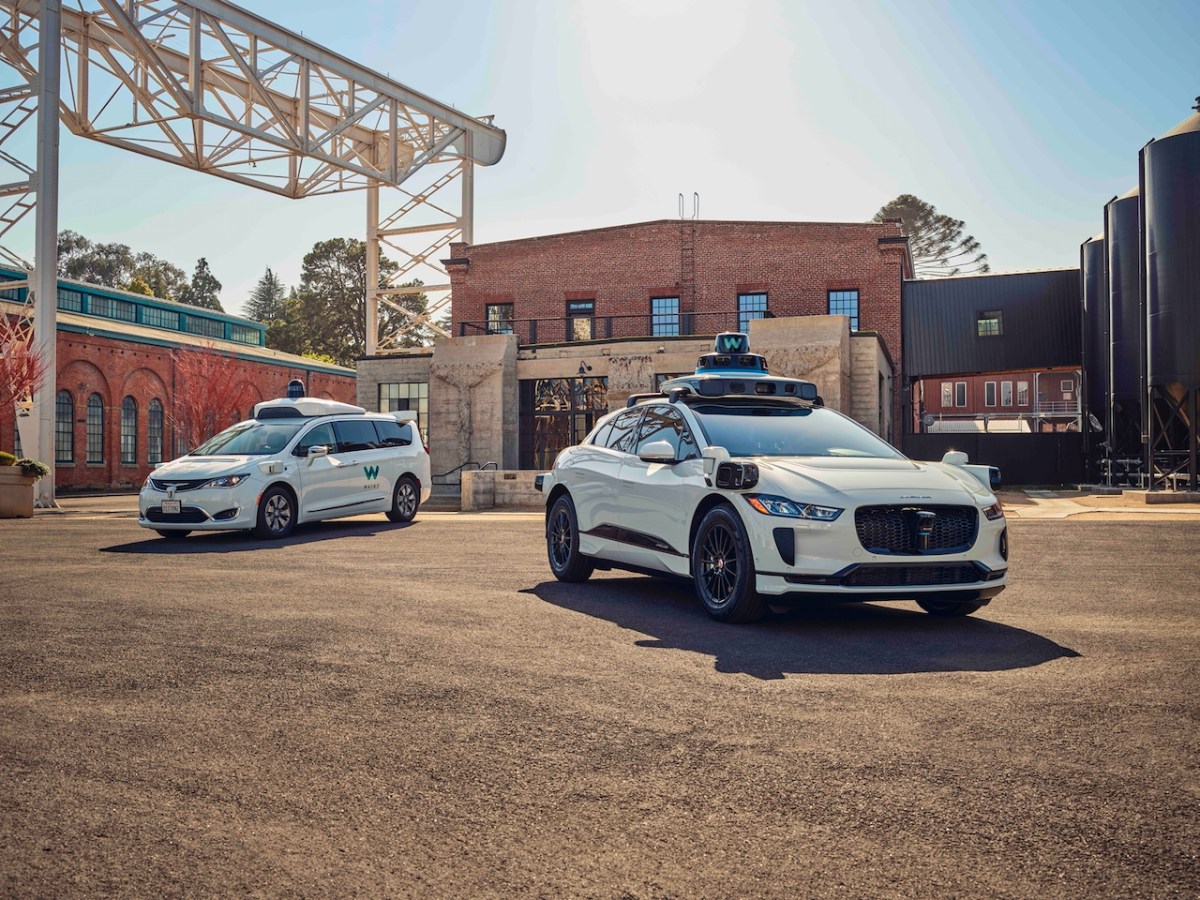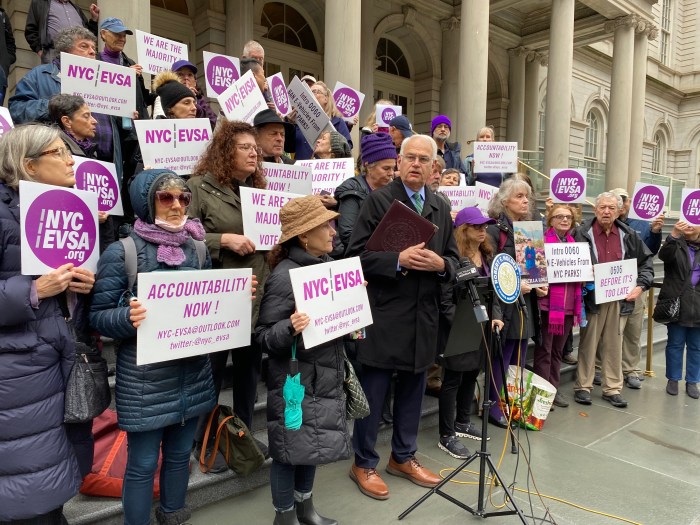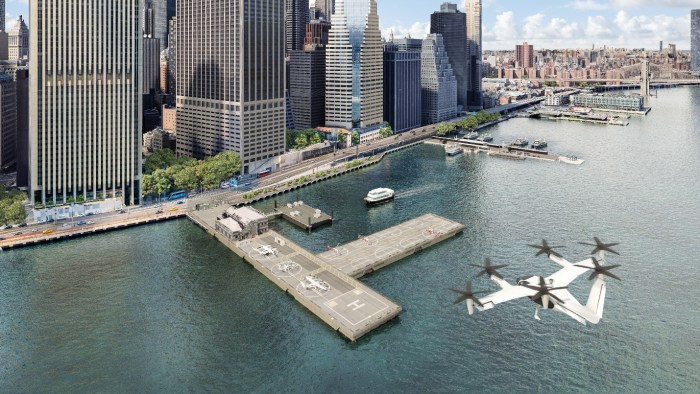Mayor Eric Adams on Thursday released new guidelines that will allow testing of self-driving cars on New York City’s streets.
The city’s Department of Transportation (DOT) unveiled a new set of safety guidelines and an application portal, allowing for the first time a wide swath of companies to test their self-driving car (also known as autonomous vehicles, or AVs) technology on the complex and chaotic roads of the five boroughs.
Crucially, no AV will be permitted to test in New York City without a “trained safety driver” behind the wheel at all times, who can take over operations of the car if things go awry.
“This technology is coming whether we like it or not, so we’re going to make sure that we get it right,” Hizzoner said in a statement. “If we do, our streets can be safer, and our air could be cleaner.”
Applicants must provide detailed plans on how they will test their vehicles and keep the vehicles, its occupants, and those around them safe. Operators must provide details on selection and training, and companies must “follow industry best practices” on recruiting and training safety drivers.
Google division goes for it
Waymo, the self-driving car division of Google, said in a statement that it would be participating in the pilot.
“We commend this important step, as well as the city’s ongoing commitment to drive innovation and deliver transportation improvements for New Yorkers,” said Michelle Peacock, Waymo’s global head of public policy. “As the world’s leading autonomous vehicle ride-hailing company, Waymo looks forward to continuing our partnership with Mayor Adams and his administration as we continue to safely bring our technologies to more cities and communities across the country.”
Applicants will have to provide an “overview” of their program’s level of automation, safety performance, and crash history. The DOT will meet with applicants before and during testing, to review their plans and monitor compliance.
‘Untested, dangerous technology’
Still, not everyone is pleased by the specter of self-driving cars in America’s most walkable metropolis, with the nation’s most complex streetscape.
“Driverless cars are untested, dangerous technology, and they have no place in New York City,” said Danny Harris, executive director of the safe streets advocacy group Transportation Alternatives. “New Yorkers should not be lab rats for the car industry, which has already killed and injured thousands of our neighbors.”
The 2023 saw a slew of bad press for the autonomous vehicle industry amid a series of crashes and general mishaps. Most notably, General Motors’ Cruise lost its briefly-held license to operate robo-taxis in San Francisco following a series of snafus, notably when a Cruise taxi crashed into and dragged a pedestrian for 20 feet.
Waymo, meanwhile, drew regulatory scrutiny after one of its vehicles struck a cyclist in San Francisco last month. The company recalled its self-driving software when two vehicles crashed into the same towed pickup truck in Phoenix in February.
Professional drivers also reacted poorly to the mayor’s announcement.
“Mayor Adams is endangering our children, pedestrians, cyclists, motorists and all New Yorkers by allowing autonomous vehicles on our streets,” said Brendan Sexton, president of the Independent Drivers Guild which represents some 80,000 Uber and Lyft drivers. “New York City has the most challenging traffic environment in the country and is no place for testing out dangerous autonomous vehicle technology.”
Read more: Council Debates Mayor Adams’ “City of Yes” Amendment




































